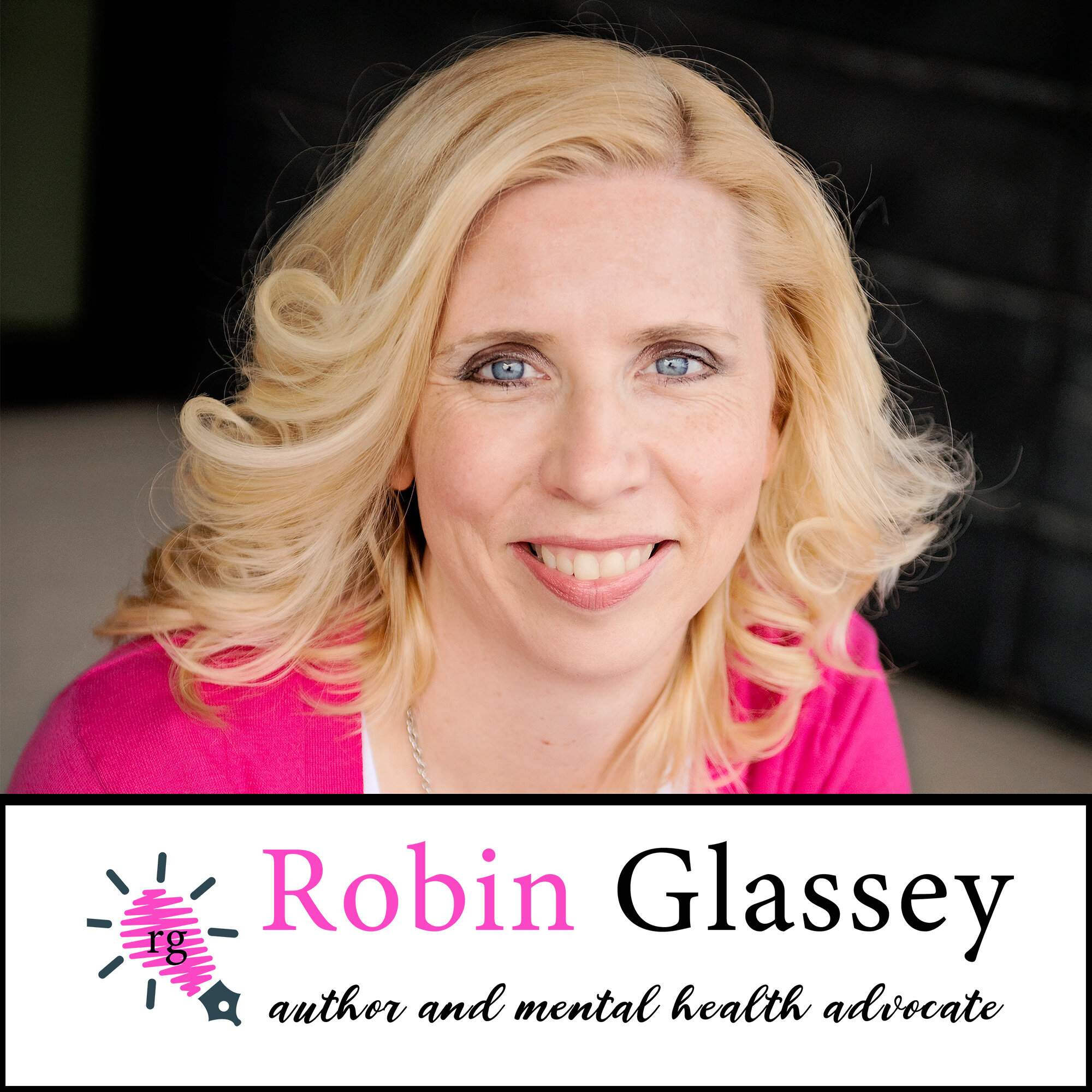5 Reasons Why You Should Attend a Writer’s Conference
When I ask new writers if they are planning on attending an upcoming conference or not, I’m often taken by surprise when they say they’re not ready to attend writing conferences yet. Whether you are a new writer or a seasoned writer, here are 5 reasons why you should consider attending a writer’s conference.
1. Learn
My primary objective in attending writing conferences (other than escaping my teenagers for a day or two) is to learn new things and to add to my writer’s toolbox. I take copious notes on my iPad, most likely annoying whoever is sitting next to me with the clickity clack of my fingers racing across the keyboard.
There are certain writing conferences I attend in Utah annually, such as LTUE and the League of Utah Writers spring and fall conferences. I always leave these conferences having learned new things which I’m eager to apply to my writing projects.
This year, Kelly Barnhill, one of the guests of honor at LTUE, said during one of her panels that she reads Howl’s Moving Castle every year. I admit, I love this movie and have seen it a few times. But why would Kelly read the book every year?
My curiosity was piqued, and I ordered the book as soon as I got home from the conference in order to find out for myself what I can learn from the writing in this fantastical story of witches, wizards, and spells.
2. Network
As I attended LTUE this year, many of my colleagues spent most of the time in the halls networking. For them, their primary purpose in attending the conference was to connect with other authors, find new critique groups, new beta readers, find marketing opportunities, get career advice and so on.
Networking at conferences can also happen through various volunteer opportunities, such as volunteering to be a panelist or presenter. I am, by nature, a very shy person. But in the past few years, as I’ve volunteered as a panelist and presenter, I’ve had the opportunity to meet numerous individuals in the writing community on panels, in the “Green Room,” in the conference book stores, and during the author book signings.
I love conference book signings because it gives me the opportunity to share my Big Book project with new people. I get to add more signatures to the book and share my love of reading and writing with fellow authors and enthusiastic readers.
Howard Tayler, author and illustrator of Schlock Mercenary, with Robin Glassey and the Big Book Project
3. Pitch
If you have a polished manuscript ready to be pitched, a writing conference provides the perfect opportunity for face-to-face contact with an agent or an editor of a publishing house.
Some conferences provide practice pitch opportunities, meaning your pitch won’t lead to an acceptance to be published, you’re just practicing your pitch to someone with experience who’ll give you expert feedback.
Be sure that if you do decide to pitch to and editor or agent, chose one who is appropriate for your genre. Come overprepared if possible! But remember that editors and agents are people too, and don’t be afraid to make mistakes.
4. Inspiration
As I’m listening to panelists and presenters speak on different topics, I’m often inspired on what I need to add or change in my work in progress in order to improve it. I’ll add those inspirational ideas to my notes so I don’t forget them. Sometimes another idea for a story will come to mind and I’ll jot it down.
Over all, though, I come away from writing conferences with an increased urgency to complete what I’m working on and to improve on my overall writing skills. I’ve often added a list of books to read that have been recommend by panelists or the key-note speaker which have inspired me to improve on my writing style.
5. Perspective
Attending writing conferences often helps me put things into perspective. But perspective can be tricky. Writing conferences are full of a variety of people at various stages in their writing careers. Some of these people are full of humility and are helpful and encouraging. Others, who are experiencing fame and fortune, are much more willing to tell you writing is a competitive field and that you shouldn’t bother to continue writing. They’ll spout a bunch of statistics which might have you convinced you’ll never “make it.”
Maybe it won’t even take these types of writers to convince you that you won’t make it. It might just be that nagging voice, that inner critic in the back of your head which has you comparing yourself to other writers.
As you attend writing conferences, remember to keep things in perspective. You’ll hear authors sharing their incredible word counts, how many books they’ve published, what awards they’ve won. If you hold your accomplishments up against others and find yourself lacking, you may come away from the conference feeling defeated and uninspired.
Remember that even the most accomplished writers often feel like they’re a fraud. They too have an inner critic which they have to battle from time to time.
Don’t waste your precious conference time with comparisons. Your writing journey is your own unique journey which is different from every other writer out there. If you’re going to compare yourself to anyone, compare yourself to your past self.
Keep on learning, keep on improving, and keep on writing.
Robin Glassey
is a clean YA fantasy author who’s cleaning up the world one book at a time.
Discover The Azetha Series at your favorite ebook retailer.



